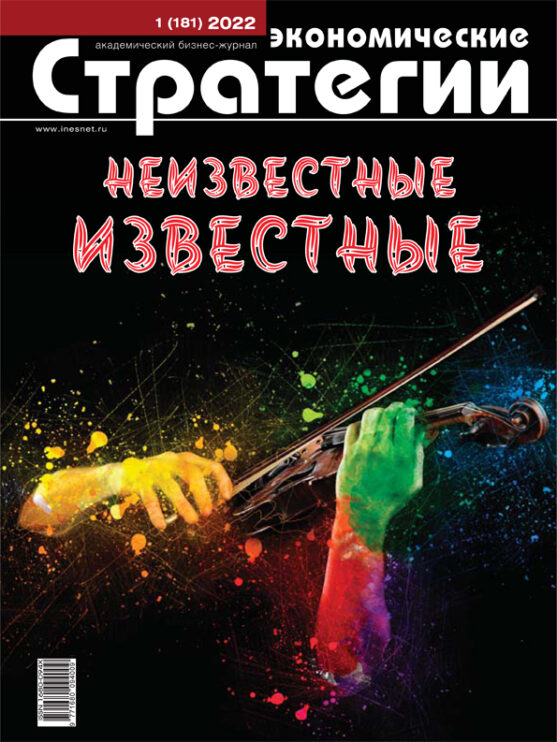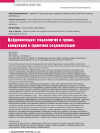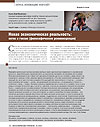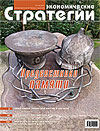Artificial Intelligence Technologies: Means of Influencing the Mass Consciousness of People within the Framework of a New Social Reality
DOI: 10.33917/es-4.196.2024.46-53
The purpose of this article is to identify criteria for the influence of artificial intelligence technologies in payment systems on the consciousness of the population as their main user. When reviewing technologies, methods of scientific analysis were applied: the method of analysis and synthesis, abstraction, generalization, description, induction, deduction.
The article dwells on assessment of the implementation and impact of technologies based on artificial intelligence. It is shown that at the moment a situation has arisen where artificial intelligence tools have the opportunity to manipulate human consciousness. Accelerated development of human interaction in the virtual space resulted in both positive and negative consequences of the use of artificial intelligence technologies in payment systems within the framework of the new social reality. Based on the identified advantages and disadvantages, criteria for the impact of artificial intelligence technologies on the consciousness of the population were discovered and identified.
References:
1. Velichkovskiy B.B. Soznanie [Conscience]. Bol’shaya rossiyskaya entsiklopediya, available at: https://bigenc.ru/c/soznanie-f1153b
2. Tekhnologii iskusstvennogo intellekta i mashinnogo obucheniya [Artificial Intelligence and Machine Learning Technologies]. NIU VShE, 2021, 5 marta, available at: https://hsbi.hse.ru/articles/tekhnologii-iskusstvennogo-intellekta-i-mashinnogo-obucheniya/
3. 12 variantov ispol’zovaniya II i mashinnogo obucheniya v finansakh [12 Ways to Use AI and Machine Learning in Finance]. Generativnyy analiz dannykh, 2020, 10 aprelya, available at: https://zephyrnet.com/ru/12-use-cases-of-ai-and-machine-learning-in-finance/
4. Fedorov D. Chto takoe NLP? [What is NLP?]. Renovatsio, 2023, available at: https://renovatsio.rf/media/natural-language-processing
5. Vot polozhenie NLP v finansakh. Ty dolzhen znat’ [Here is the Position of NLP in Finance. You Should Know]. Shaip, 2023, 26 oktyabrya, available at: https://ru.shaip.com/in-the-media/here-are-the-applications-of-nlp-in-finance-you-need-to-know/
6. Perspektivy razvitiya chat-botov v bankovskom sektore: golosovoy II, prognozirovanie povedeniya, analiz nastroeniya [Prospects for the Development of Chatbots in the Banking Sector: Voice AI, Behavior Forecasting, Mood Analysis]. TalkBank, 2022, 21 yanvarya, available at: https://business.talkbank.io/tpost/ lp3s2ai1c1-perspektivi-razvitiya-chat-botov-v-banko
7. Vershinin O. Neyronnye seti: printsip raboty, perspektivy i 159 sovremennykh neyronok [Neural Networks: the Principle of Operation, Prospects and 159 Modern Neurons]. Neiros, 2023, 17 noyabrya, available at: https://neiros.ru/blog/automation/neyronnye-seti-printsip-raboty-perspektivy-i-159-sovremennykhneyronok/
8. Kak rabotayut neyronnye seti? [How do Neural Networks Work?]. Productstar, 2023, 16 marta, available at: https://blog.productstar.ru/kak-rabotayutnejronnye-seti/
9. Prediktivnaya analitika: instruktsiya po primeneniyu II pri prognozirovanii [Predictive Analytics: Instructions for using AI in Forecasting]. SBER Pro, 2023, 23 avgusta, available at: https://sber.pro/publication/prediktivnaya-analitika-instrukcziya-po-primeneniyu-ii-pri-prognozirovanii/










